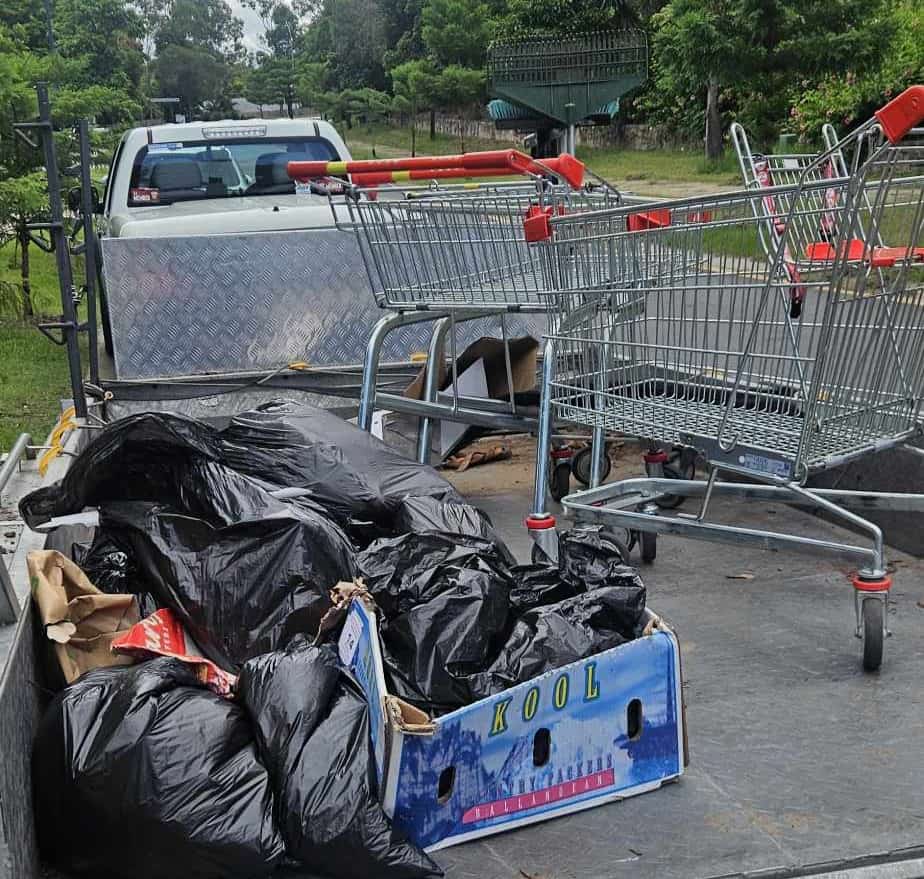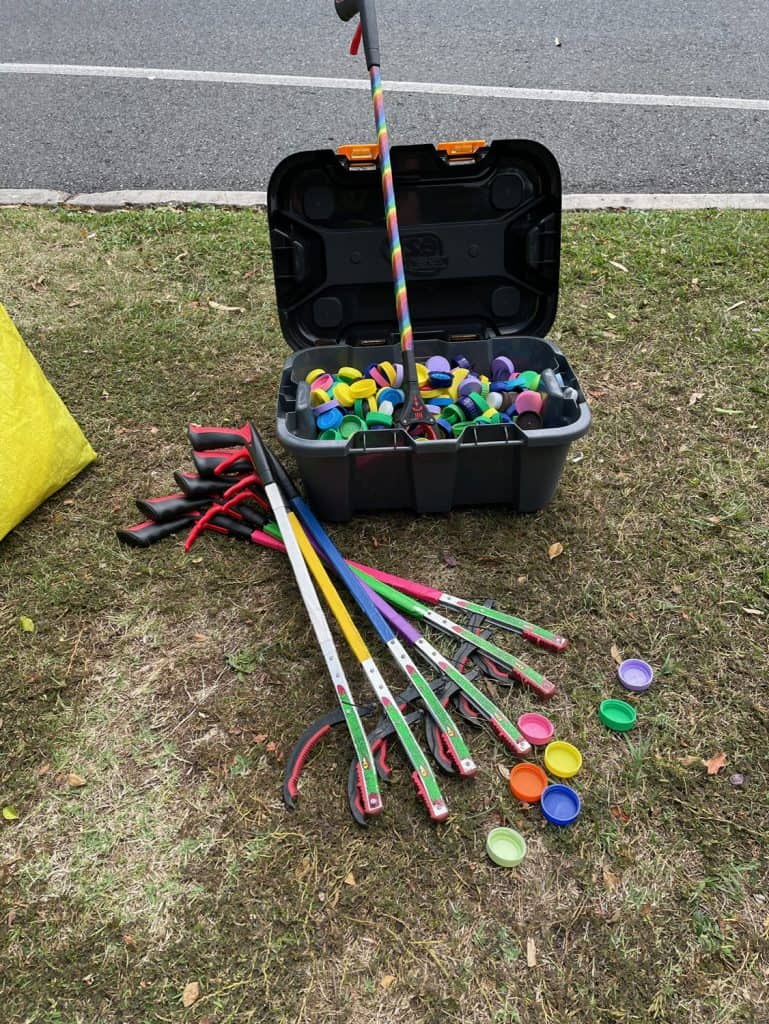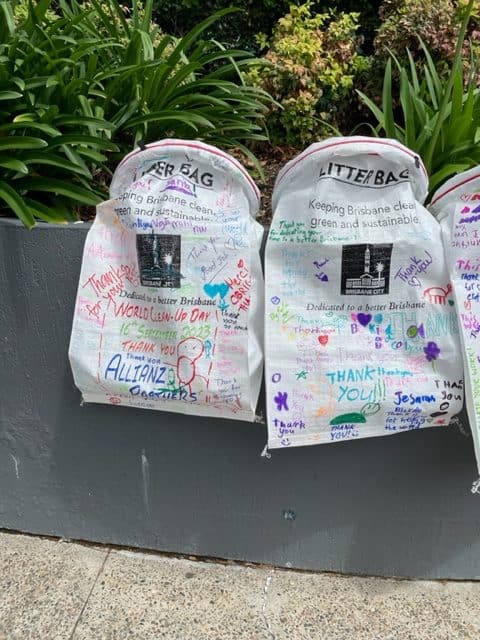If every Brisbane resident was asked whether litter is a problem, the majority would likely agree.
The environmental implications, the funds required to clean it and the eyesore it creates are all good reasons to dispose of rubbish properly.
However, litter remains a real issue in the city, and one only has to look in our local streets to see the mess being left in the community.
At the recent Forest Lake Clean Up event hosted by the Forest Lake Community Events Association on February 18, volunteers collected 25 large bags of rubbish from the streets of Forest Lake.
At the Australia Day Clean Up on March 3, the Lions Club of Forest Lake collected 10 bags.

I set out to find answers about why litter remains such a big problem. When I approached Forest Lake councillor Charles Strunk’s office, they recommended that I speak with Brisbane City Council litter prevention officer Paul Cusack.
Paul’s role involves engaging the community to do their part when cleaning litter, and getting involved with organisations like primary schools and community groups.
Paul is passionate about keeping the city clean by establishing a culture of encouragement and support around litter prevention.
Often when litter prevention is discussed, the same clichés reappear. Usually, the public is encouraged not to litter to “save the turtles” and escape the shameful label of “litterbug” – two main tactics especially taught to primary school children.
Paul prefers the simple effectiveness of “participation and positivity”. He believes that everyone can make a difference just by setting a positive example to others – seeing rubbish and putting it away with a smile on their face.
Paul discussed Japan’s great cultural conviction to clean litter, specifically Japanese football fans staying behind after a recent World Cup game to clean the soccer stadium of litter.
“That’s an example we love to use”, he said, before citing a similar instance of the New Zealand All-Blacks cleaning their dressing rooms to set an example to their younger players and build a culture of togetherness.
“In Japan, people do this to show respect to teams they support.
“ When you’re a child in the school system here in Australia, you’re told about cleaners almost like they’re lower-class.
“There, they talk about people who choose to clean so they can benefit the environment.
“From the ground up, they learn that cleaning the environment is a respectful action”.
Paul said rubbish can sometimes be the result of accidental littering, such as bins being full and overflowing. This can sometimes be a result of the council’s rubbish collection schedule – Brisbane has 6,500 public bins, and small parks are low on the collection priority list.

According to the Brisbane City Council website, citizens can apply to borrow a kit from the council online, which contains litter-picking gear, gloves and sanitary products.
‘104 or more’ is an initiative which encourages locals to pick up and dispose of two pieces of rubbish that they spot on the ground each week. Two pieces of litter disposed per week over a year is one hundred and four pieces annually, resulting in a significant difference to the community.
Forest Lake local, Tom, said that he experienced seeing rubbish at Heathwood about twice a week.
While he wasn’t aware of ‘104 or more,’ he is a strong believer in picking up rubbish when he passes it by.
“We can all throw bricks at people who litter, but lots of us could help out,” he said.
“If I care for the environment, it rubs off on others.”

